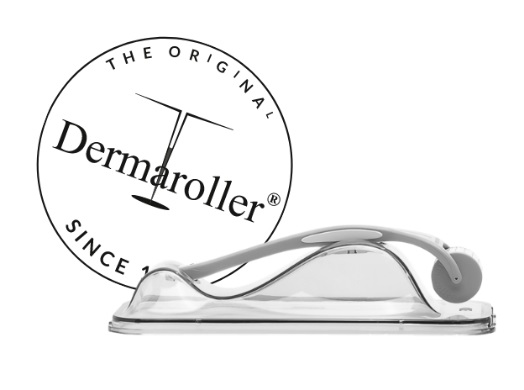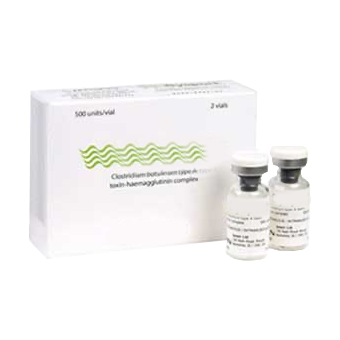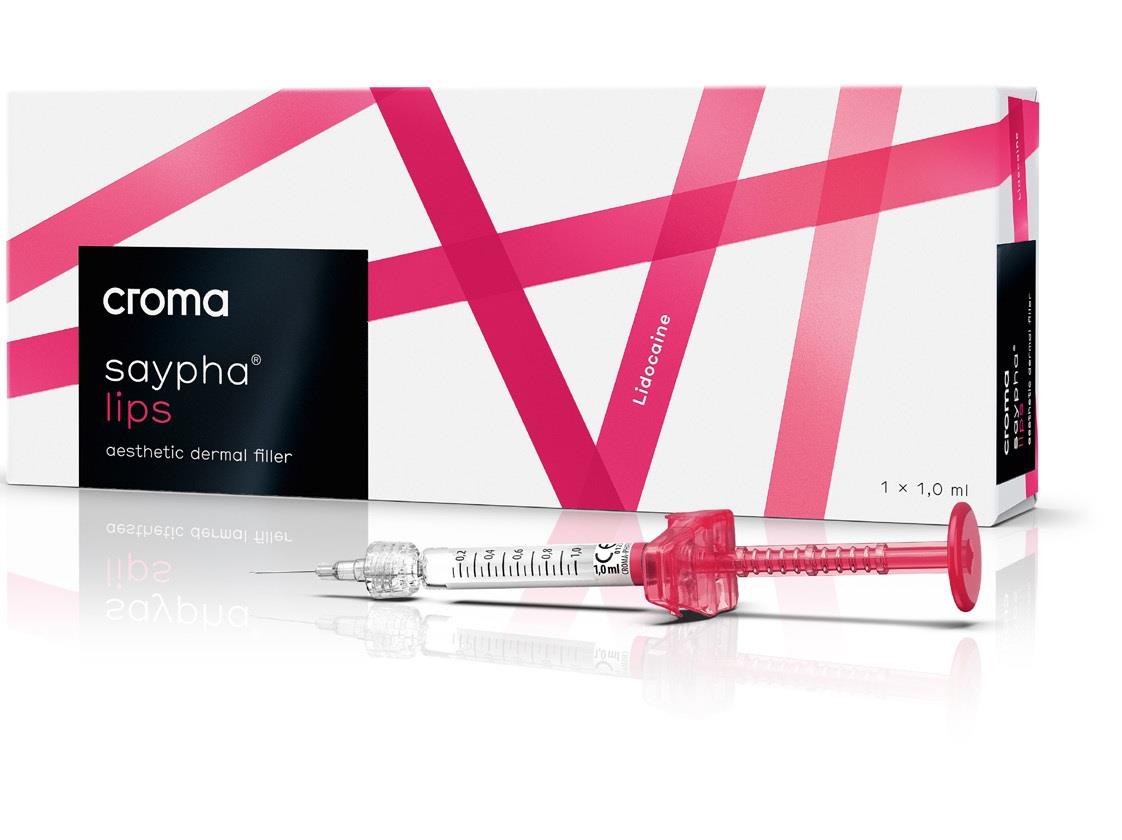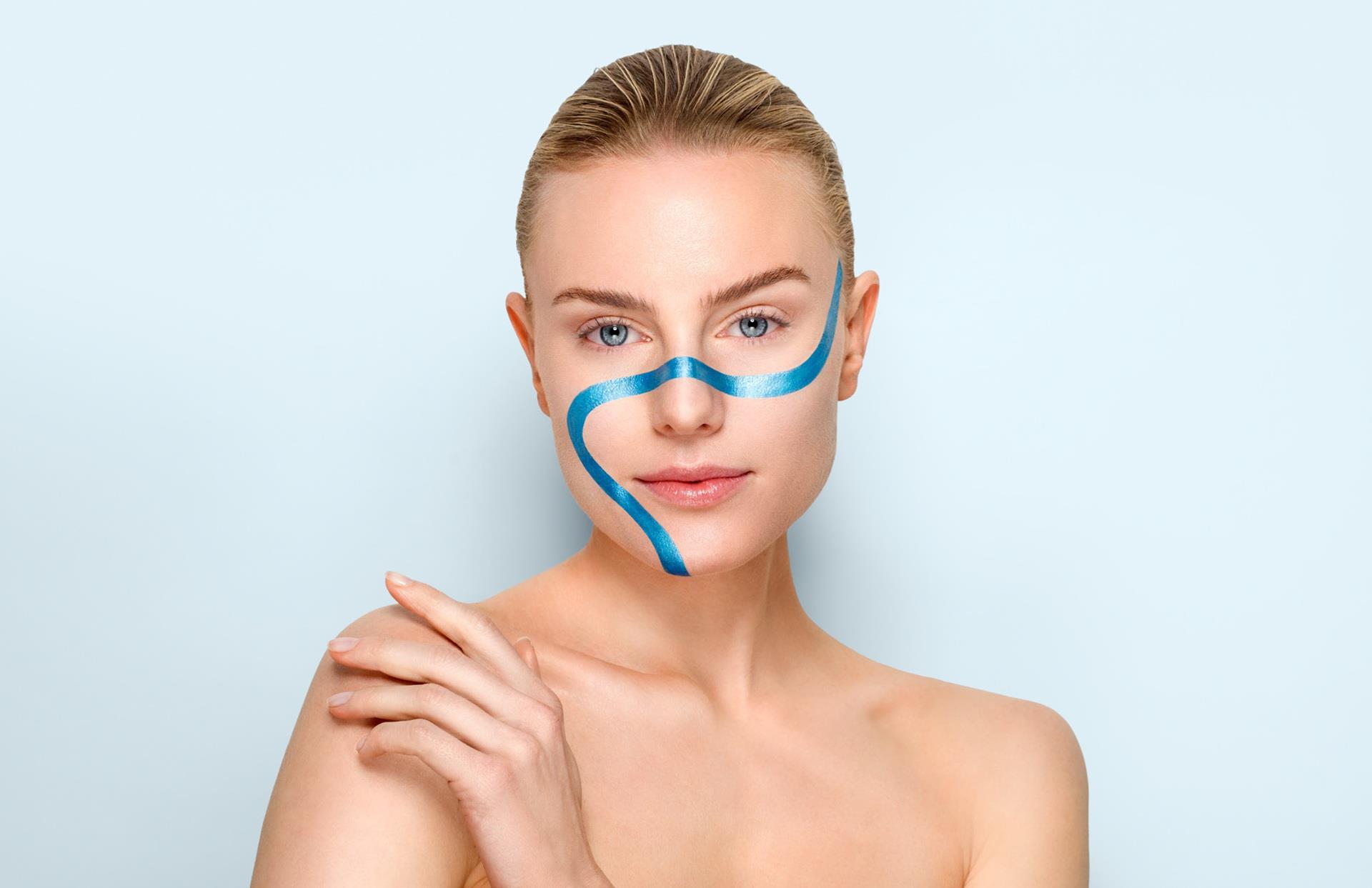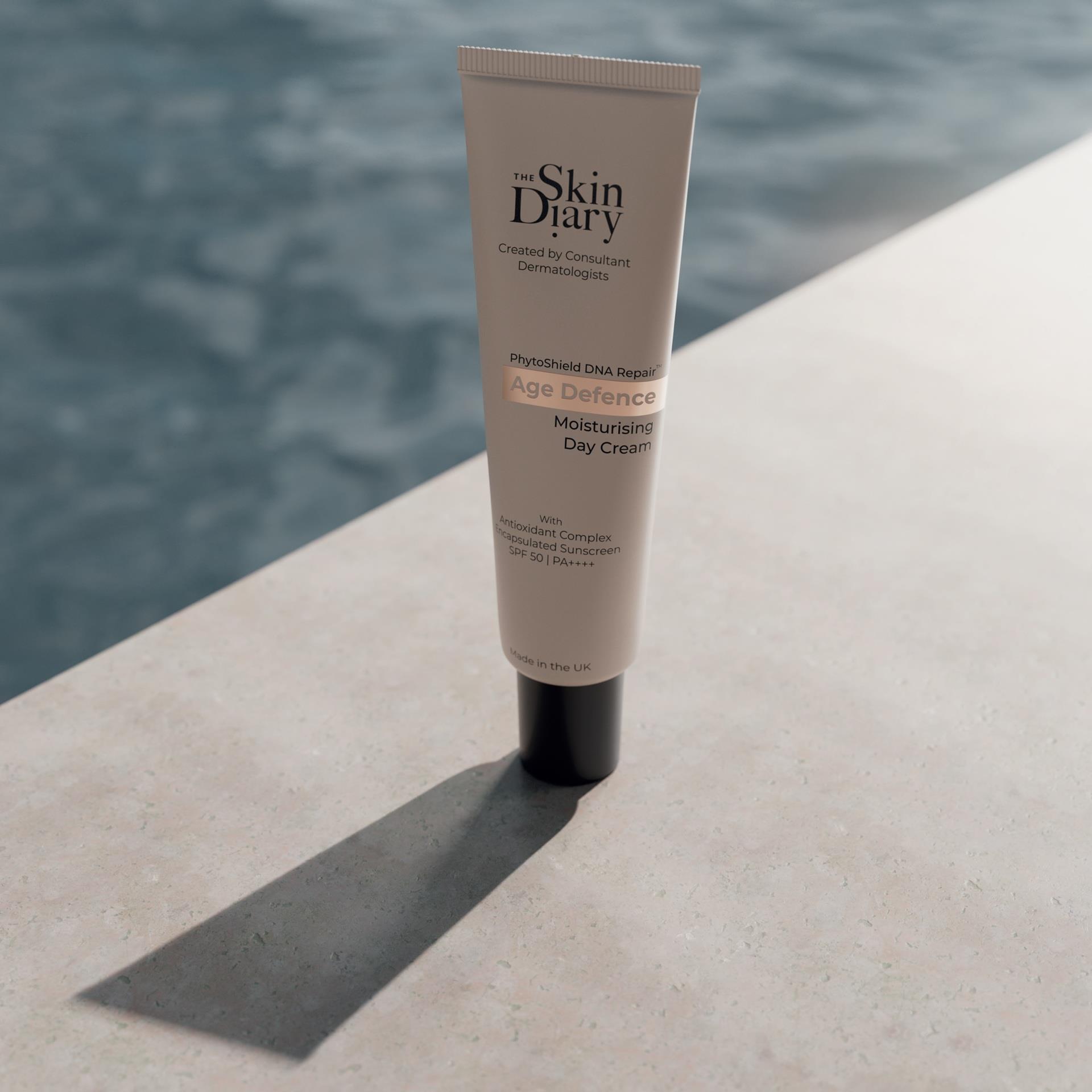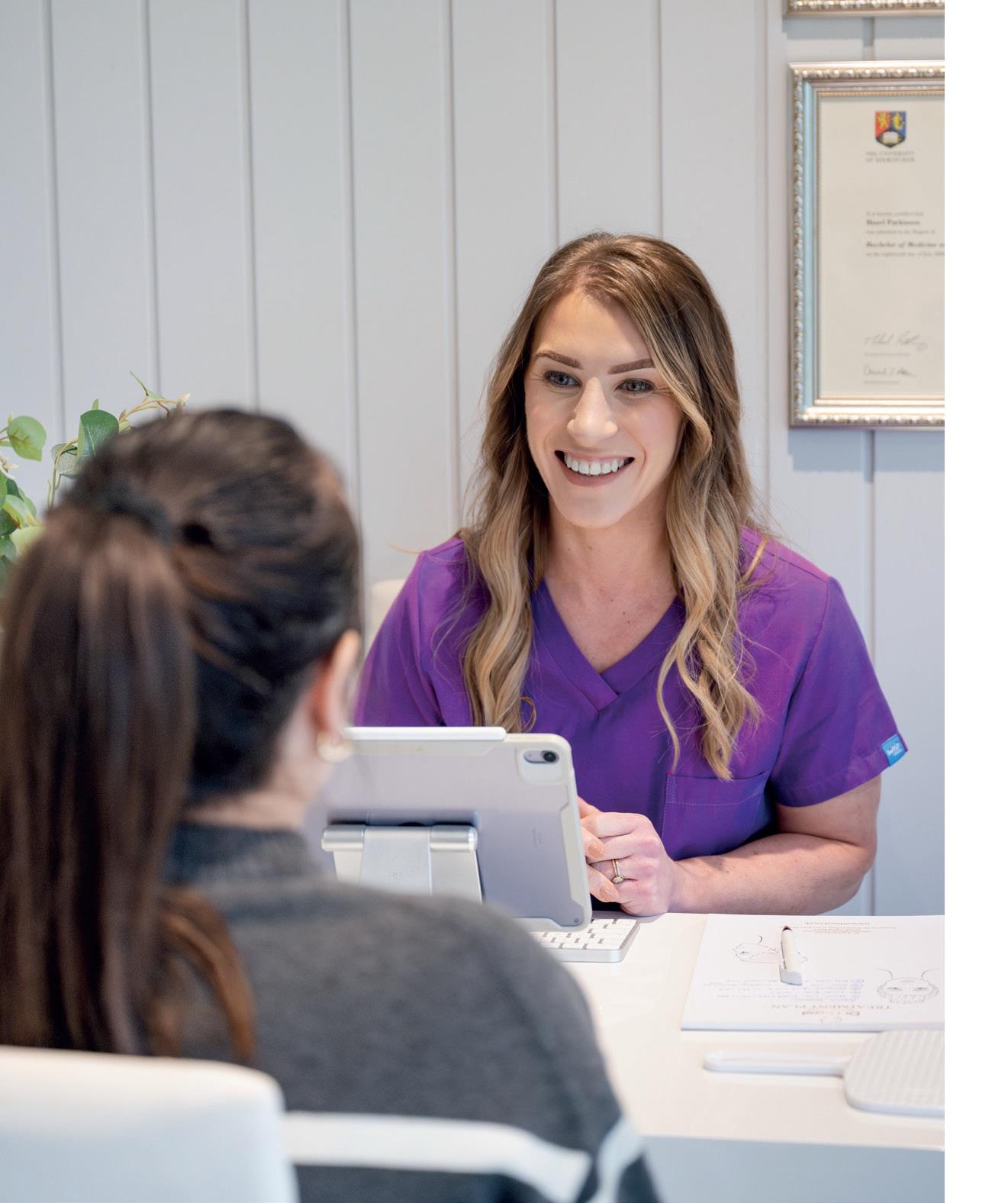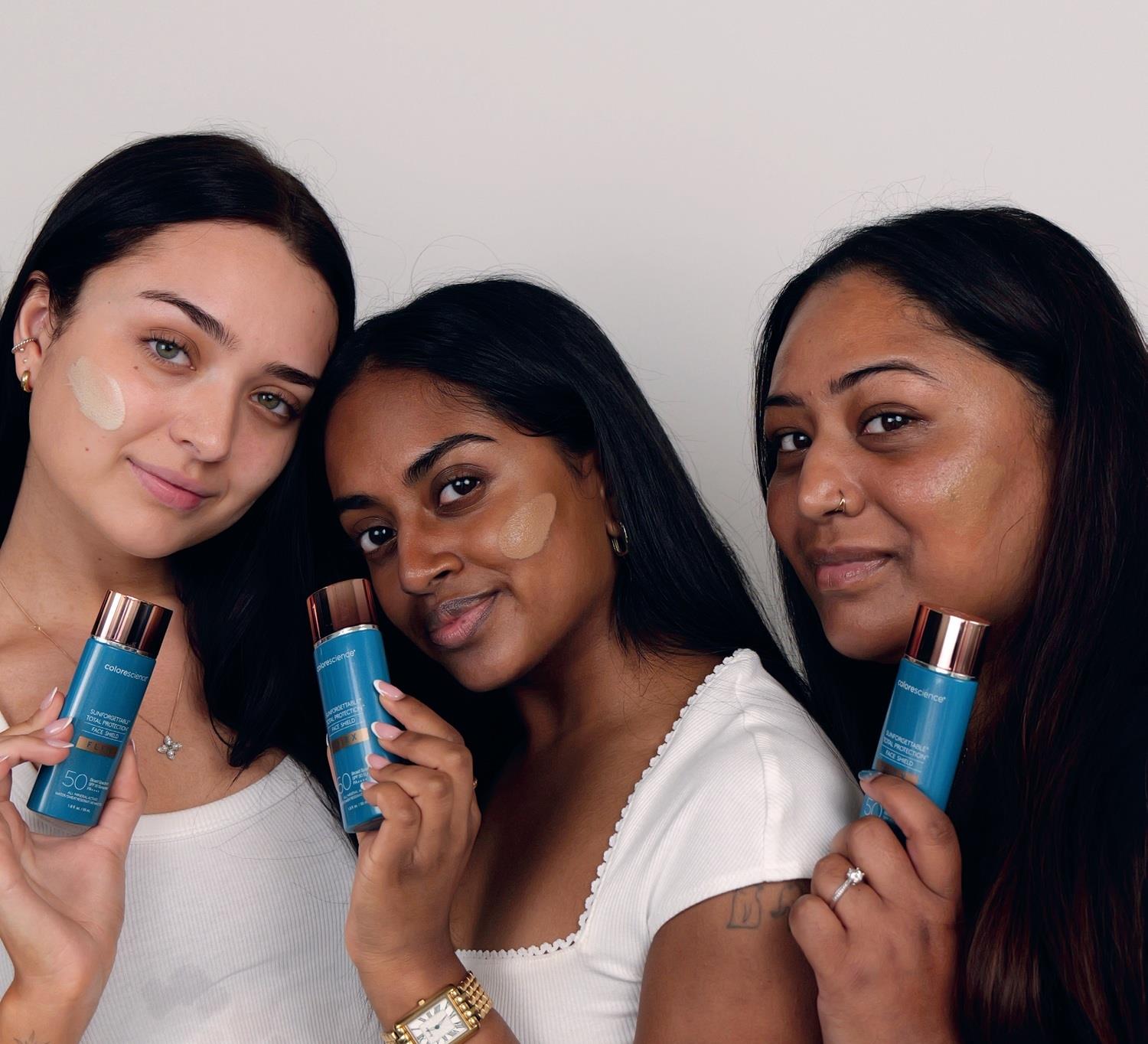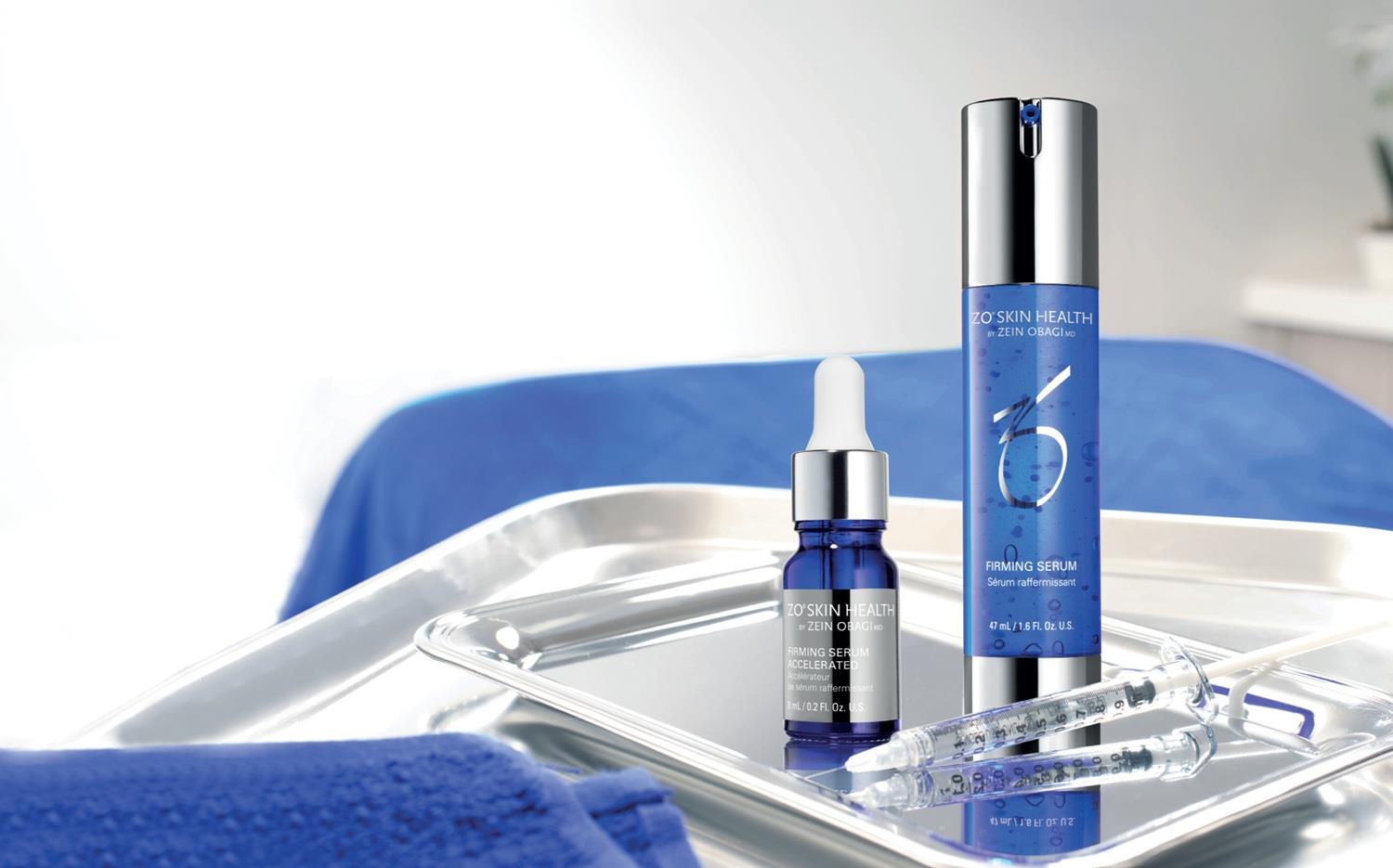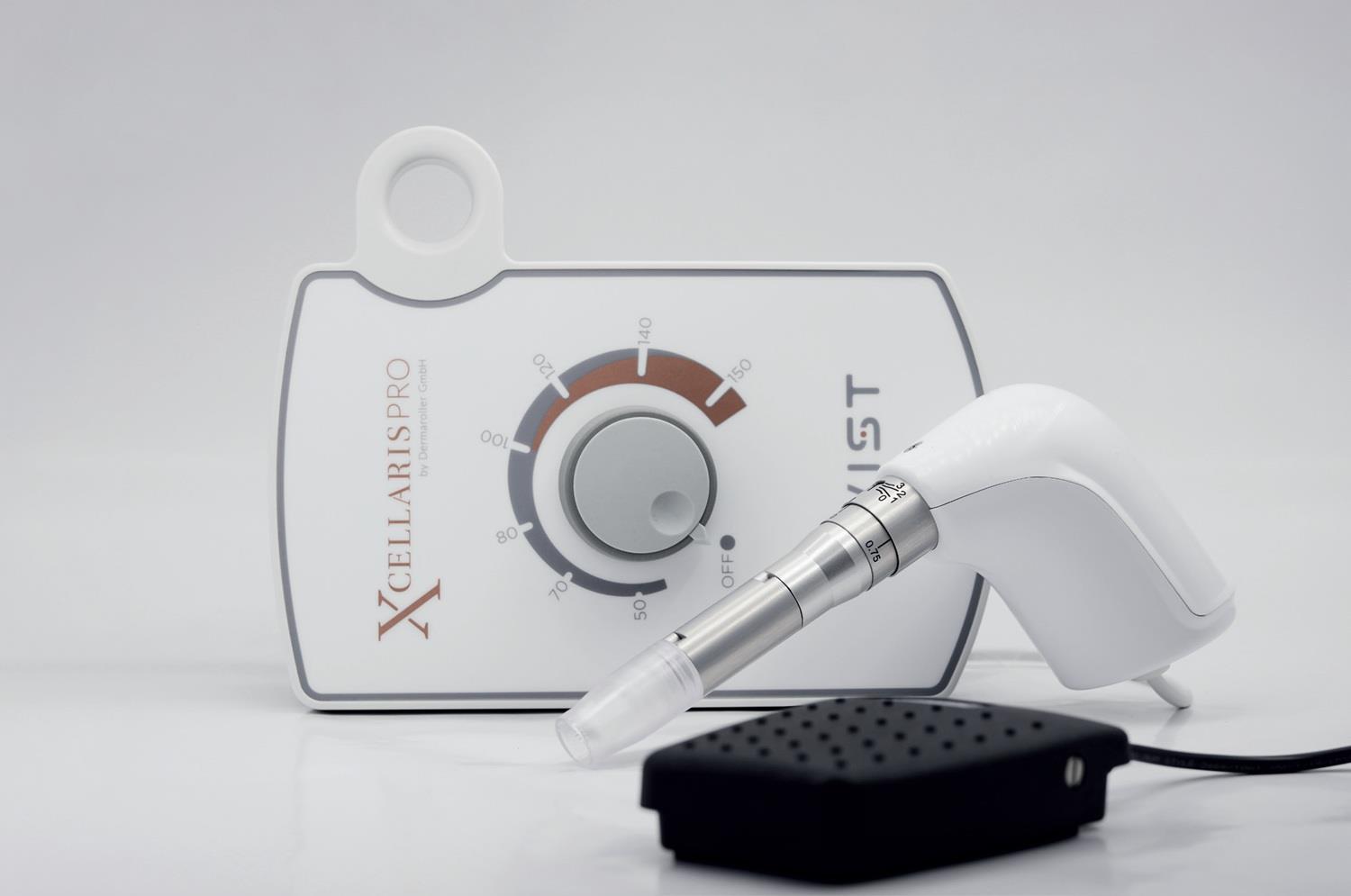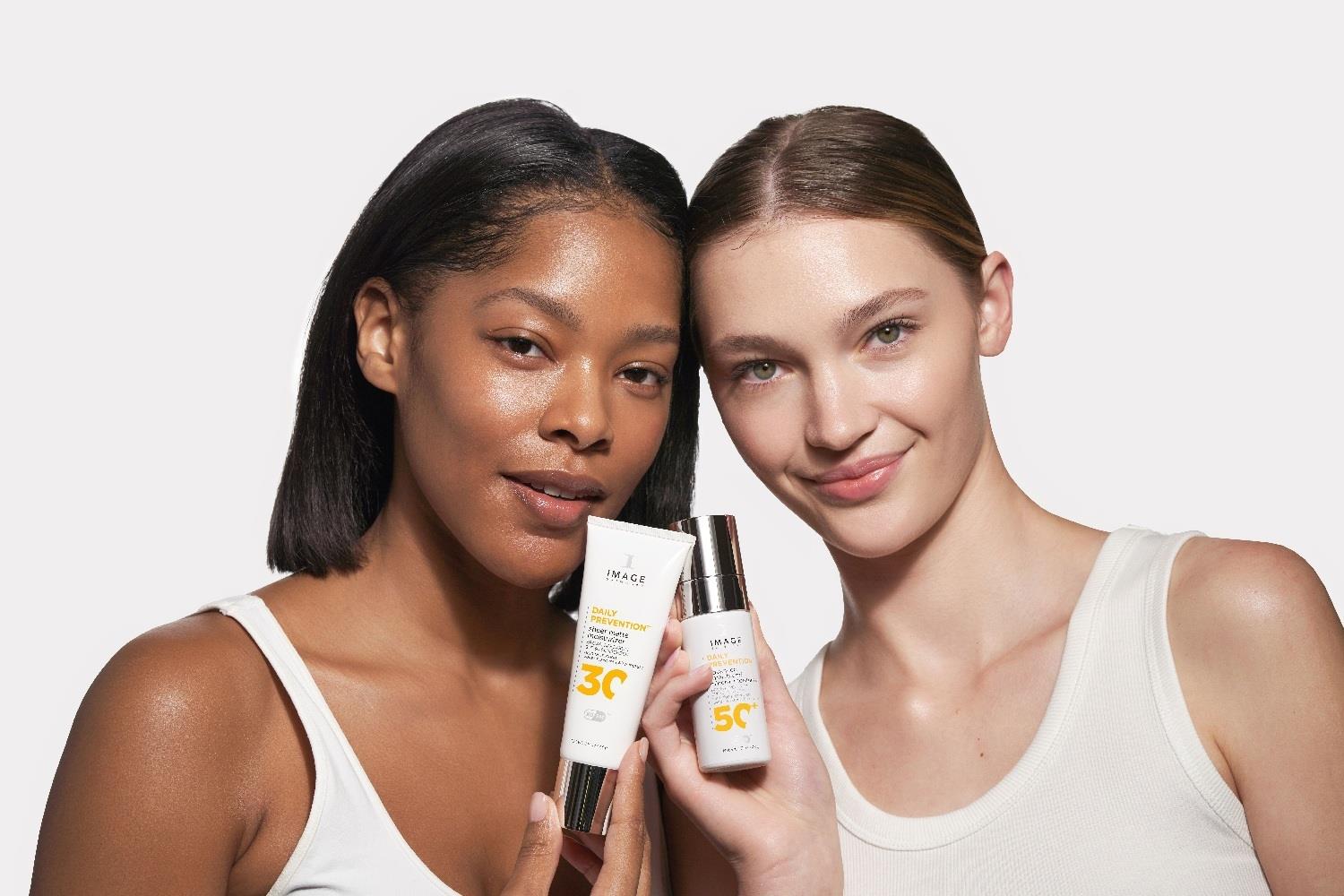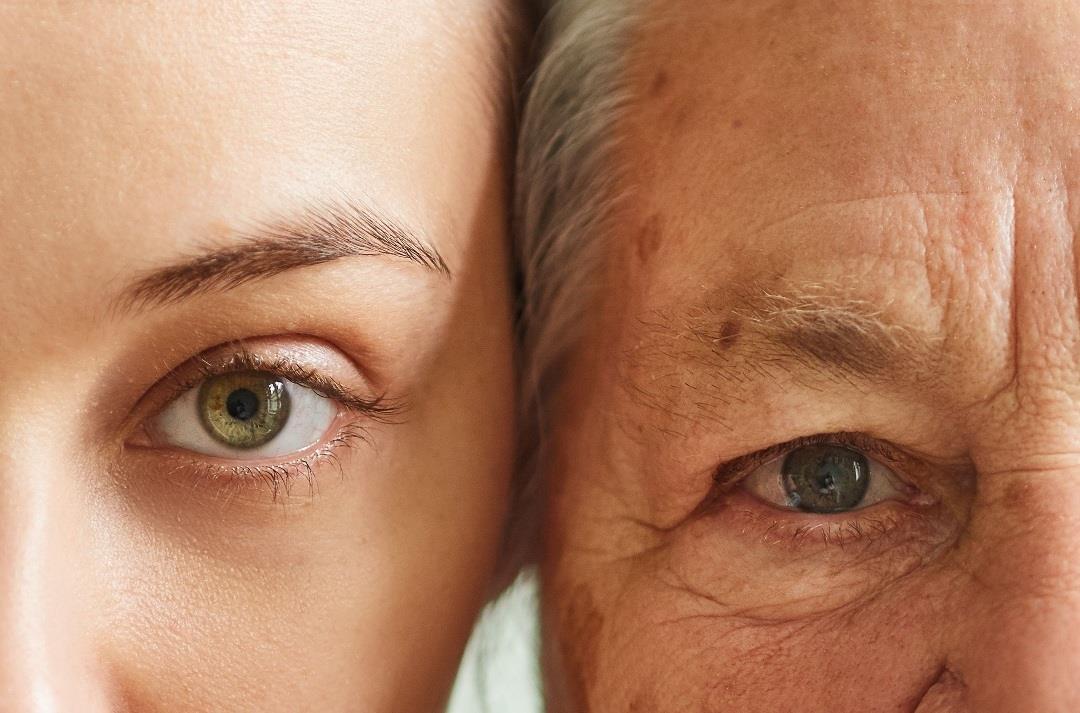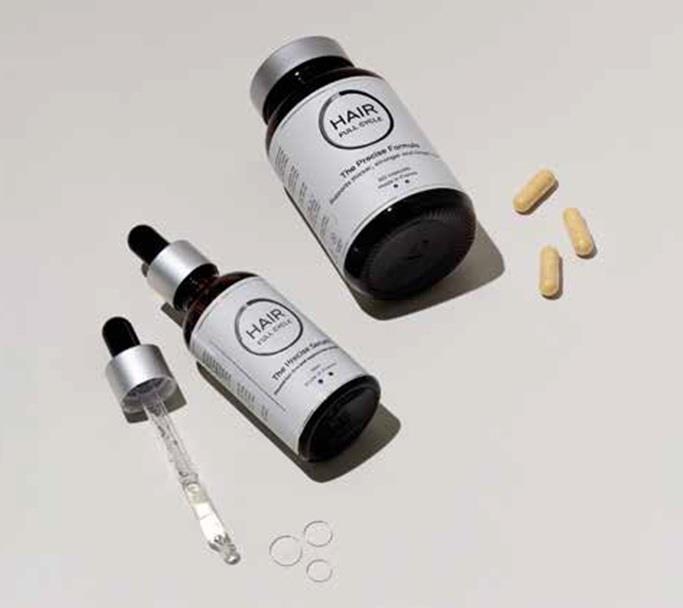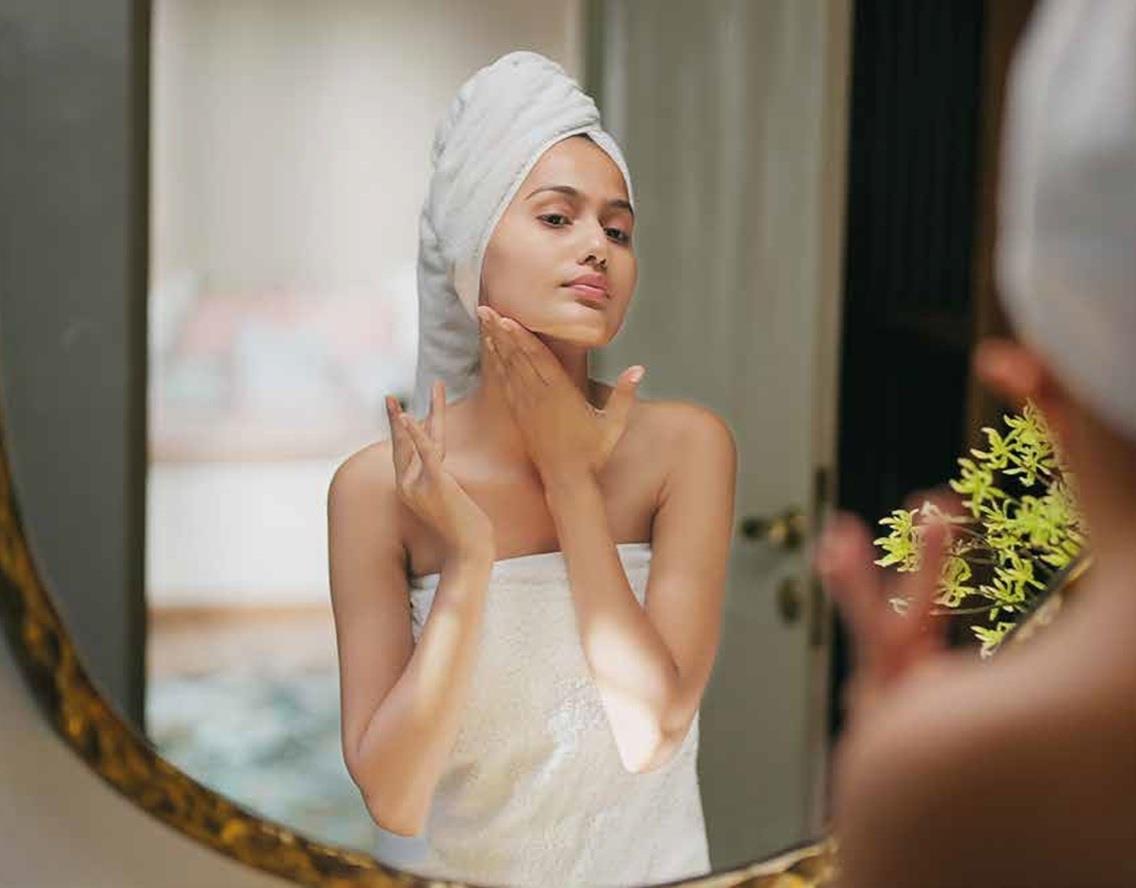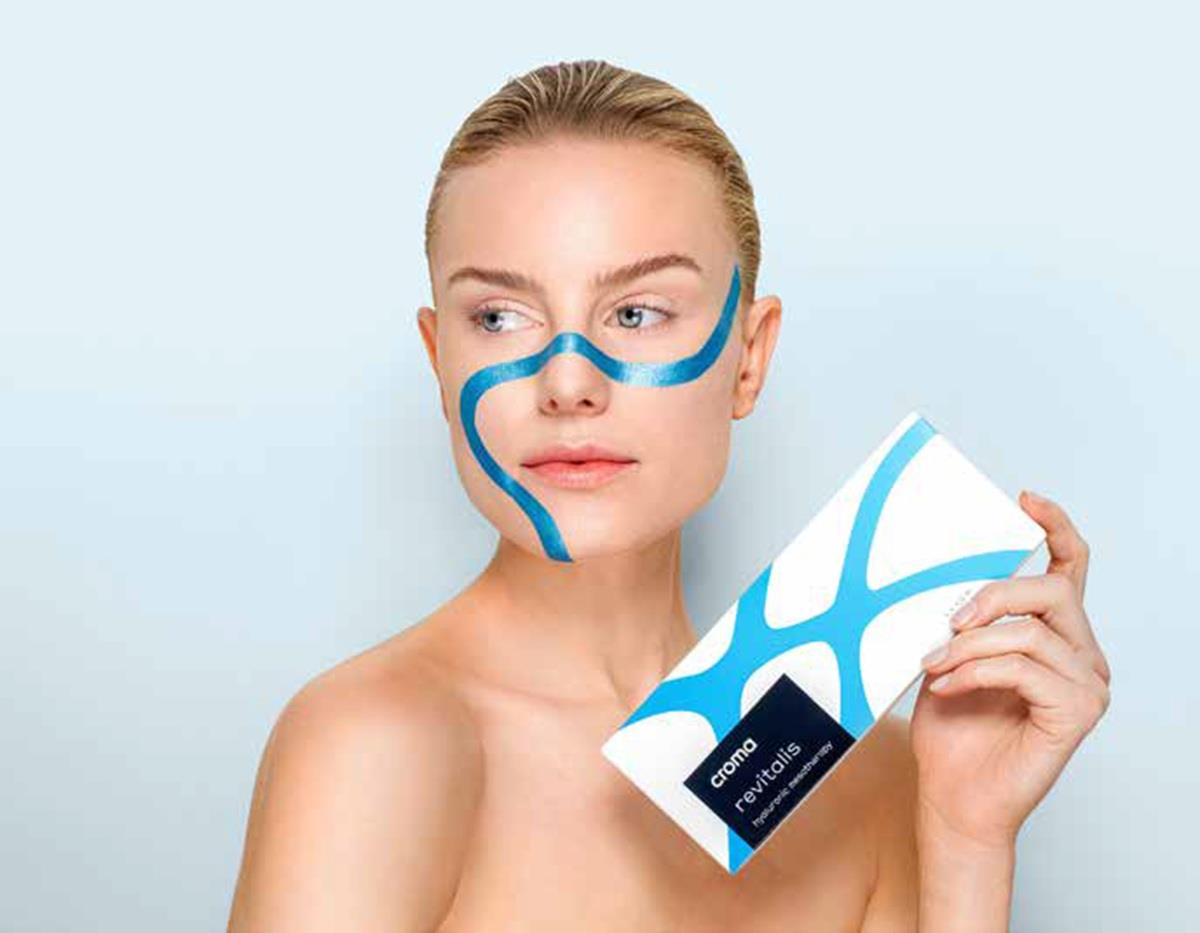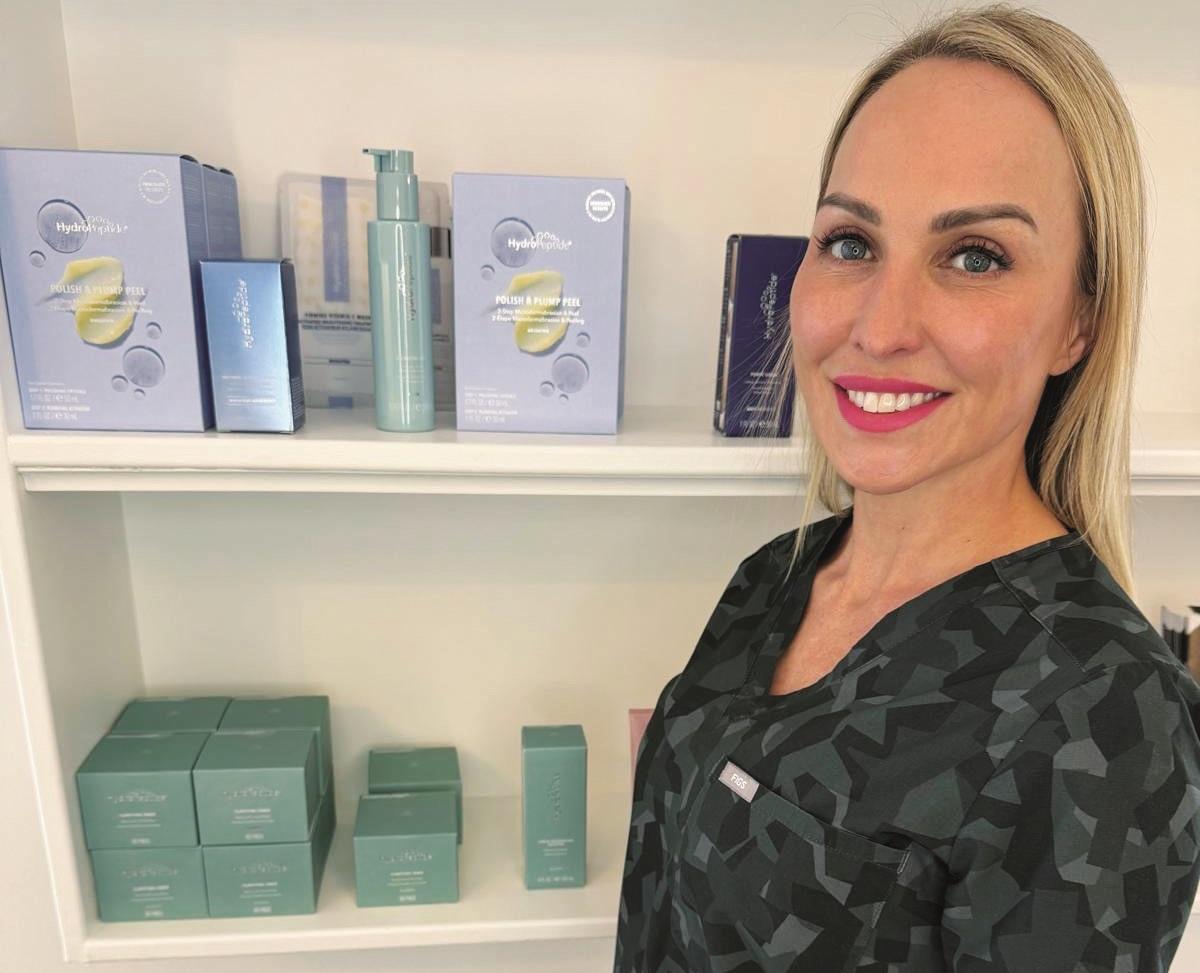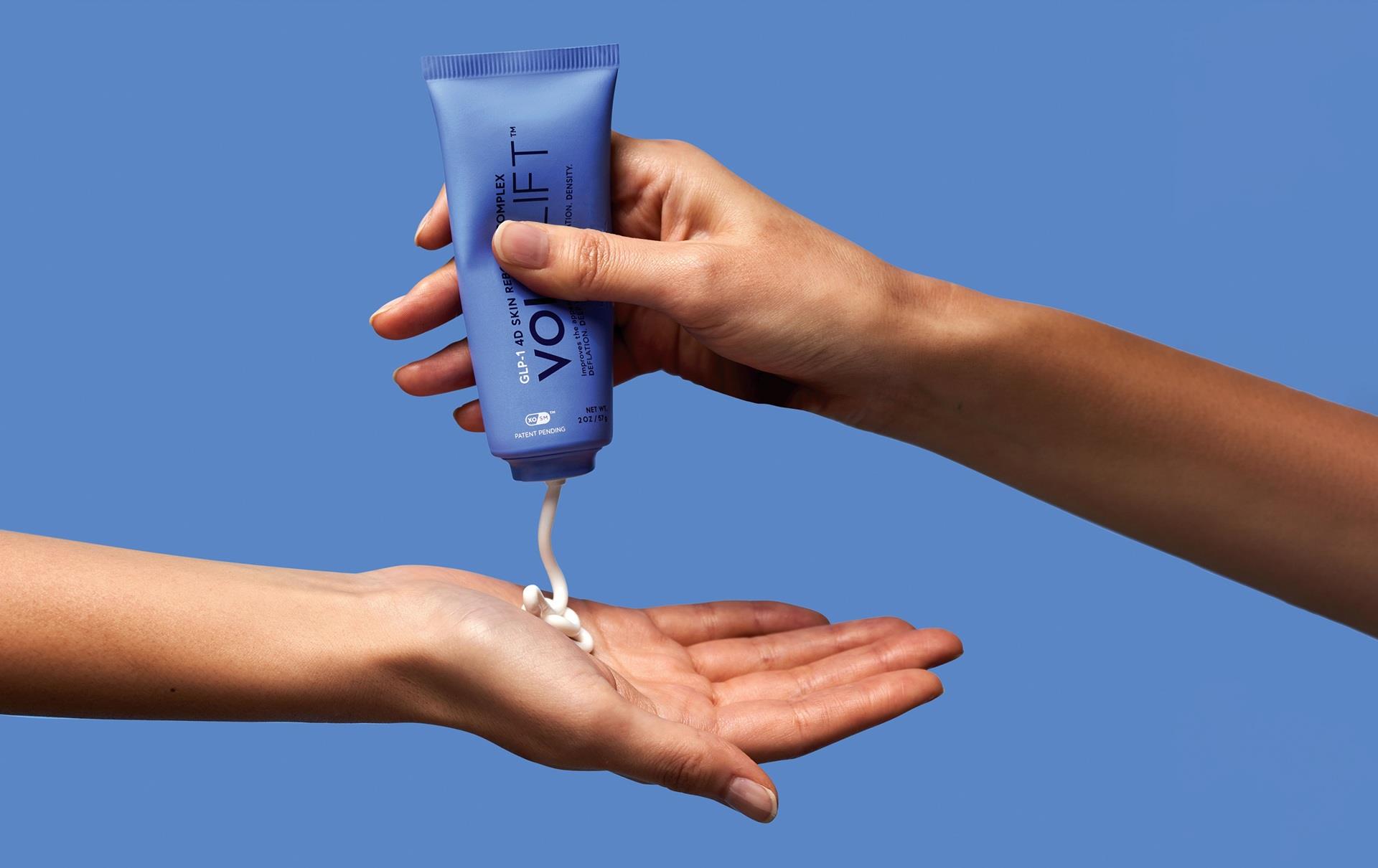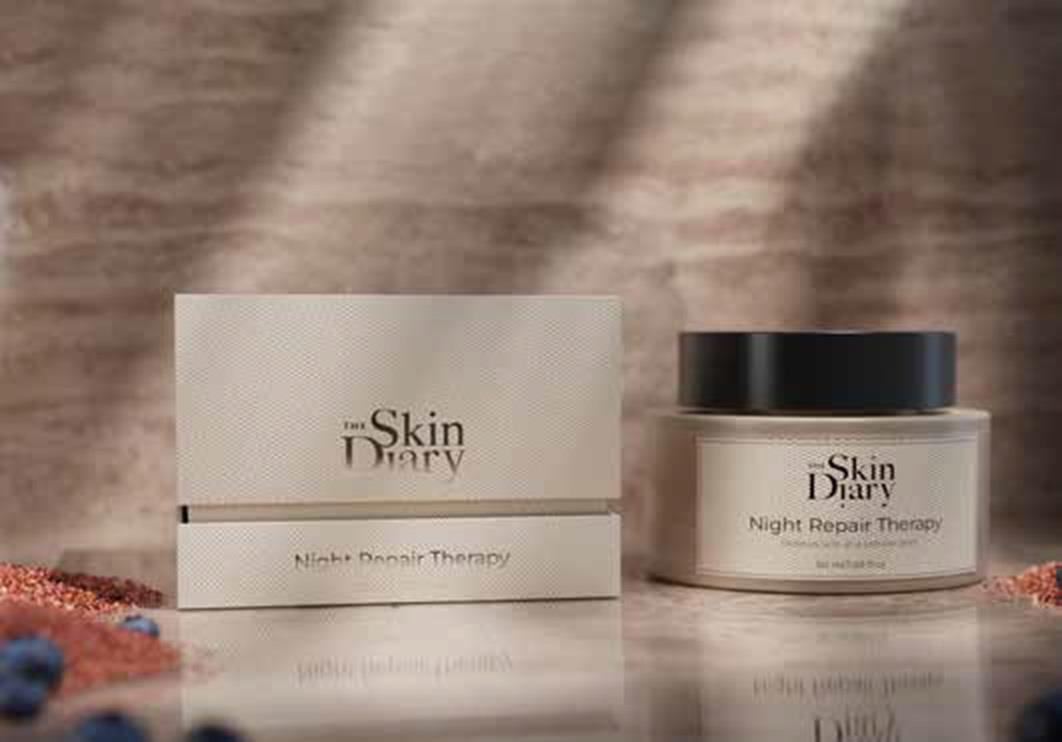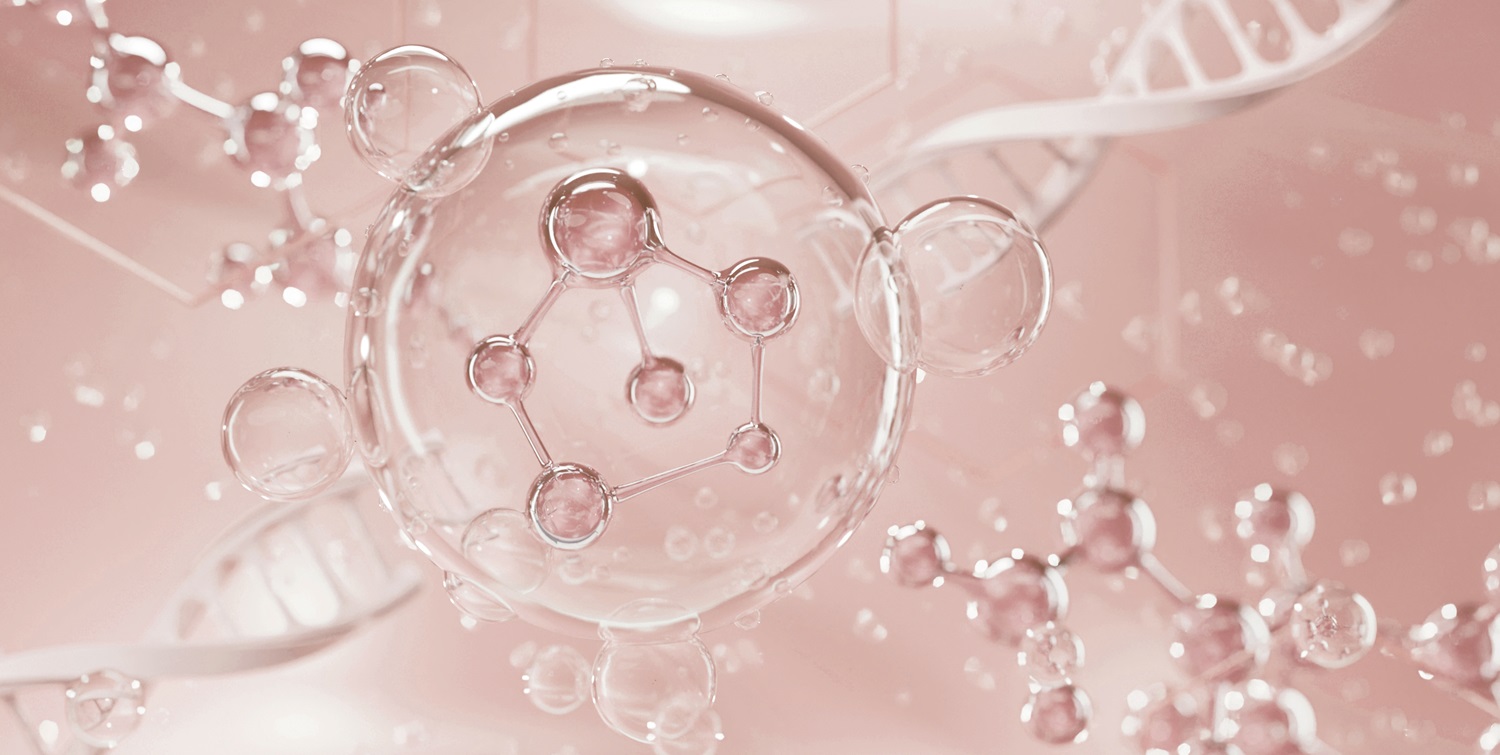
This lecture was delivered at Wigmore Presents 2024 by Lauren Jamieson
There has been a notable shift in aesthetic medicine — particularly since Covid-19 — as our patients have become more knowledgeable and focused on their health and wellbeing. Also, as practitioners, our arsenal of tools has expanded, and we are looking to offer a more holistic approach. Whereas previously, toxins and fillers were our bread and butter, new devices have emerged that allow us to tailor treatments to our individual clients. Further, we now concentrate more on general health and skin health knowing that this impacts results; this is where regenerative medicine and epigenetics are going to play a bigger part in the industry going forward.
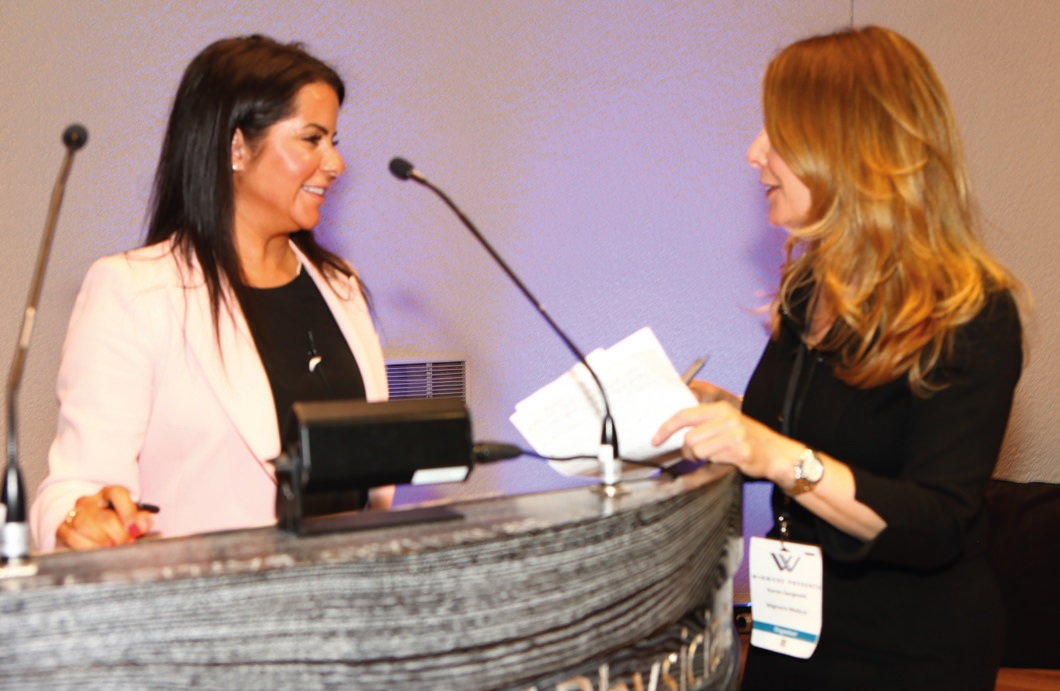
Genetic influence
How our genes are expressed and influenced by our environment has become a key area in aesthetics. We know that our gut and skin microbiome play a large part in how we age and our appearance, for example the impact of sugar in our blood. If you leave a cut piece of fruit out, you know that it will begin to discolor due to glycosylation, the cross linking of all sugars with proteins. Collagen and elastin in a high sugar environment will also result in cross linking, leading to signs of ageing, volume loss, and atrophy. Raised blood sugar can also accelerate telomere shortening, again leading to signs of ageing.
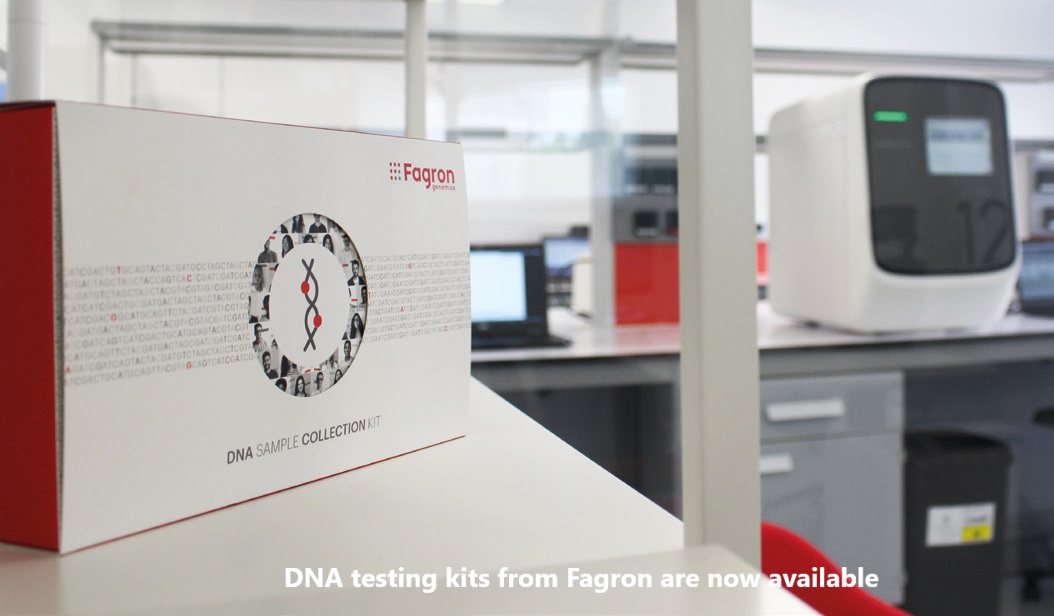
Given that few of us actually have a really good handle on how much glucose is circulating in our blood at any one time, it is great that glucose monitoring devices are no longer only for diabetics but are in reach for everyone. Devices such as Lingo with their user-friendly platforms, can allow your clients to take control of their sugar levels, and play a role in their general wellness, which is attractive for both our patients in the older age groups, and those who are looking at preventative measures.
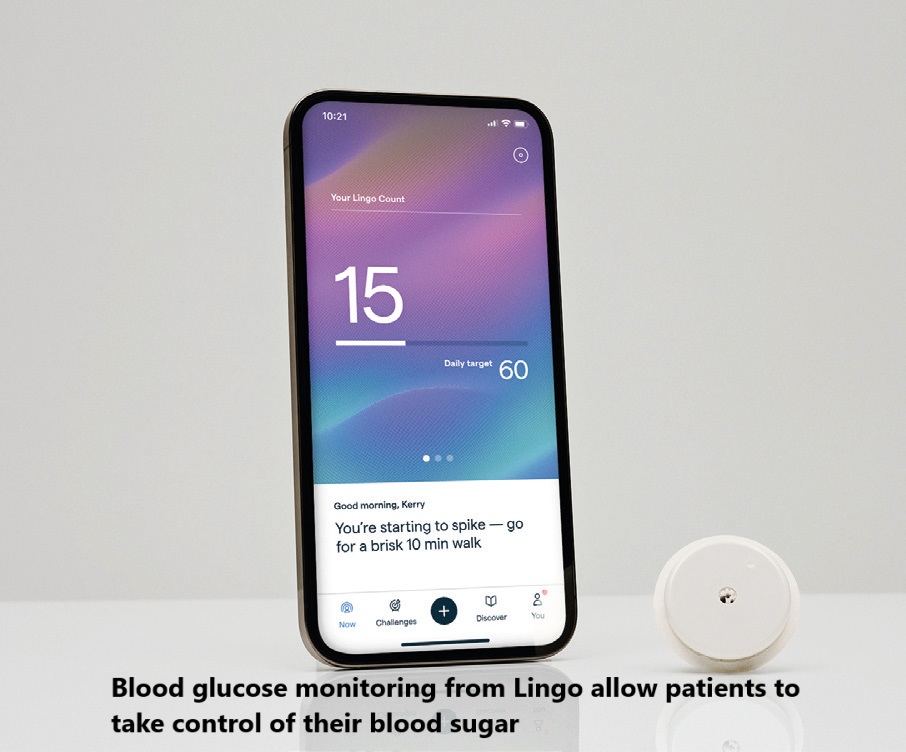
In addition to glucose monitors which can help our clients take some measure of control, we also have DNA testing kits, such as those developed by Fagron, which can let us know how our patients will react to fillers, for example, and what treatments for acne they may respond to better, resulting in better and quicker results.
With the expansion of regenerative medicine, and skincare ranges based on epigenetics, we are entering into a new phase
of aesthetics, which will allow us to go deeper with our patients and optimise outcomes alongside their core treatment. The skin is an ecosystem protected by a living armor of beneficial bacteria, and by looking after that microbiome, using skincare that supports and helps regenerate, it will improve your patient’s skin health and general wellbeing.

Dr Lauren Jamieson is one of Scotland’s most established Cosmetic Doctors. As a member of the Primary Care Dermatology Society and a qualified minor surgeon, Dr Lauren seeks to serve her patients’ needs with advanced cosmetic treatments and clinically-proven customised procedures.
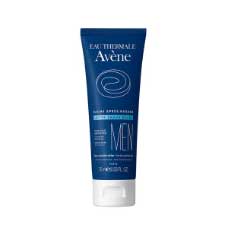
 Added to basket
Added to basket

 Unapplied Changes
Unapplied Changes


